I've been thinking about flirtation lately—not the kind that happens across crowded rooms or through carefully crafted text messages, but the more subtle variety that occurs between a person and the world itself. It's a different kind of courtship entirely, one that requires no swiping, no strategic timing, only the radical act of paying attention.
This morning, like so many others, I found myself pulled toward the lake with my dogs in tow. We walk the same route most days now, though I'm never quite sure who's leading whom. There's something about the way the light hits the water just before the day fully commits to itself, something that feels like an invitation I can't refuse.
"How sweet the morning air is! See how that one little cloud floats like a pink feather from some gigantic flamingo." — Arthur Conan Doyle
I've become, to my own surprise, a woman who stops to watch birds. When did this happen? When did I cross the invisible threshold into the territory of bench-sitters and duck-watchers? There was a time when I would have walked past the gaggle of geese without breaking stride, phone in hand, mind already three hours ahead. Now I find myself pausing, sometimes for a half-hour at a time, watching the way the ducklings paddle frantically behind their mothers, their tiny wings not yet understanding their own potential.
The world, I've discovered, is a masterful flirt. It leaves little gifts everywhere—the way morning light catches in spider webs, how rain releases that earthy sweetness into the air (petrichor, they call it, though no word could fully capture that particular alchemy of water and dust that smells like pure possibility), the particular green of new leaves that somehow manages to be both ancient and urgent. But here's the thing about flirtation: it requires participation. The world can bat its eyelashes all it wants, but if we're not looking, if we're not present enough to catch the gesture, the moment dies unwitnessed.
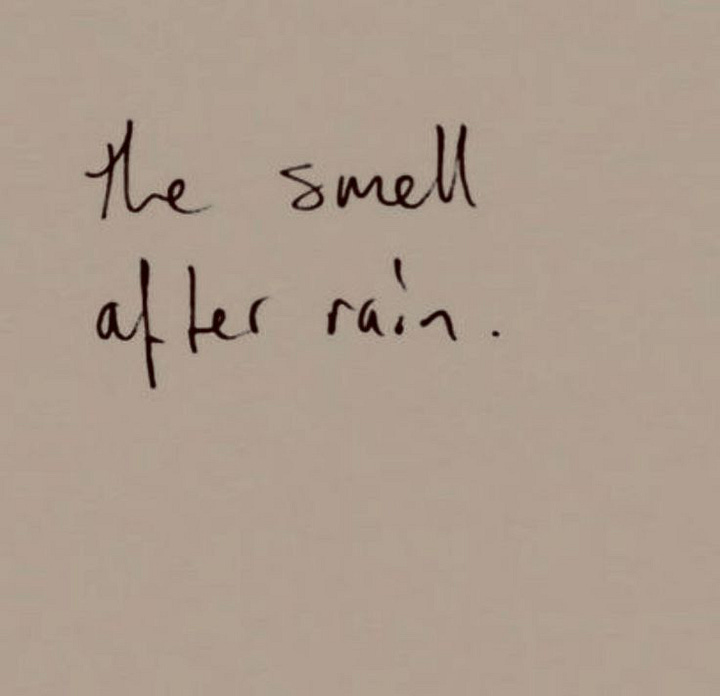
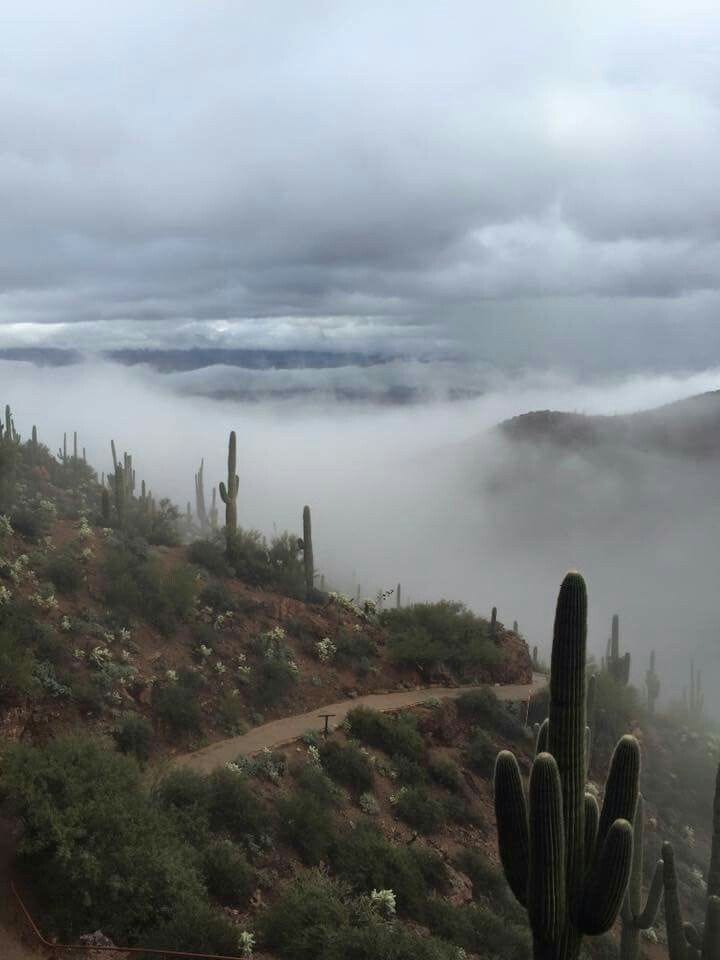
"The real voyage of discovery consists not in seeking new landscapes, but in having new eyes." — Marcel Proust
I've become intimately acquainted with the neighborhood of my wanderings. I know where the tiny chipmunks live now—in the rocks by the grassy fields, their cheeks perpetually stuffed with the business of survival. The rabbits gather there too, ears twitching at the slightest disturbance, their alertness a reminder that paying attention is sometimes a matter of life and death. But perhaps my most anticipated encounters happen at the lake, where the turtles have emerged from whatever winter dreams they've been having. They float just beneath the surface, almost motionless, and I find myself standing on the bridge above them, marveling at their unhurried existence.
The ducks, though—the ducks have become something special. There are two in particular that I've grown fond of, regulars I've taken the liberty of naming Freddie and Dolores, though I suspect neither would approve of these names I've bestowed upon them. Freddie is a black duck, his feathers gleaming with that particular iridescence that occurs when genetics decides to paint outside the conventional lines. Dolores is his white counterpart, pristine and elegant. Looking for Freddie has become its own ritual within the ritual, a specific seeking that makes each walk feel like a reunion with an old friend who happens to have webbed feet.
I think about this as I sit on the bench by the water, my dogs sprawled at my feet in various states of dignified exhaustion. The ducks have had babies this spring—tiny, impossible ducklings that look like they were sketched by someone with an overfond imagination. They bob behind their mothers like living punctuation marks, and watching them feels like being let in on some cosmic secret about joy and persistence.
There's something here about time, about the way these moments exist outside the usual rhythm of productivity and purpose. This isn't about work-life balance, that tired phrase that suggests life and work exist in neat, opposing corners that can be measured and managed. I'm not advocating for less ambition or fewer late nights or the gentle abdication of dreams. I'm talking about something more nuanced—the ability to be fully where you are when you are there. To let the moment you're inhabiting have its full weight, its complete texture.
"To pay attention, this is our endless and proper work." — Mary Oliver
It happens in the kitchen too, this flirtation. Summer has arrived with its usual abundance, and even something as simple as peeling a tangerine becomes an encounter with wonder. My fingers work beneath the skin, releasing those tiny bursts of citrus oil that seem to contain entire groves in their essence. I find myself pausing, actually pausing, to consider the marvel of this fruit—how it began as a blossom on a tree somewhere far from here, how it swelled with sunshine and rain and time until it became this perfect package of sweetness and sustenance. The fact that the earth produces such things, that it offers them to us so generously, feels like the most intimate kind of flirtation imaginable.
There's something about summer that makes this romance more urgent, more immediate. Everything is so alive, so insistent in its aliveness. The tomatoes taste like they're trying to tell you secrets about soil and sunlight. The berries burst with a sweetness so concentrated it feels almost like a message from some benevolent universe saying, "See? See how good this can be?"
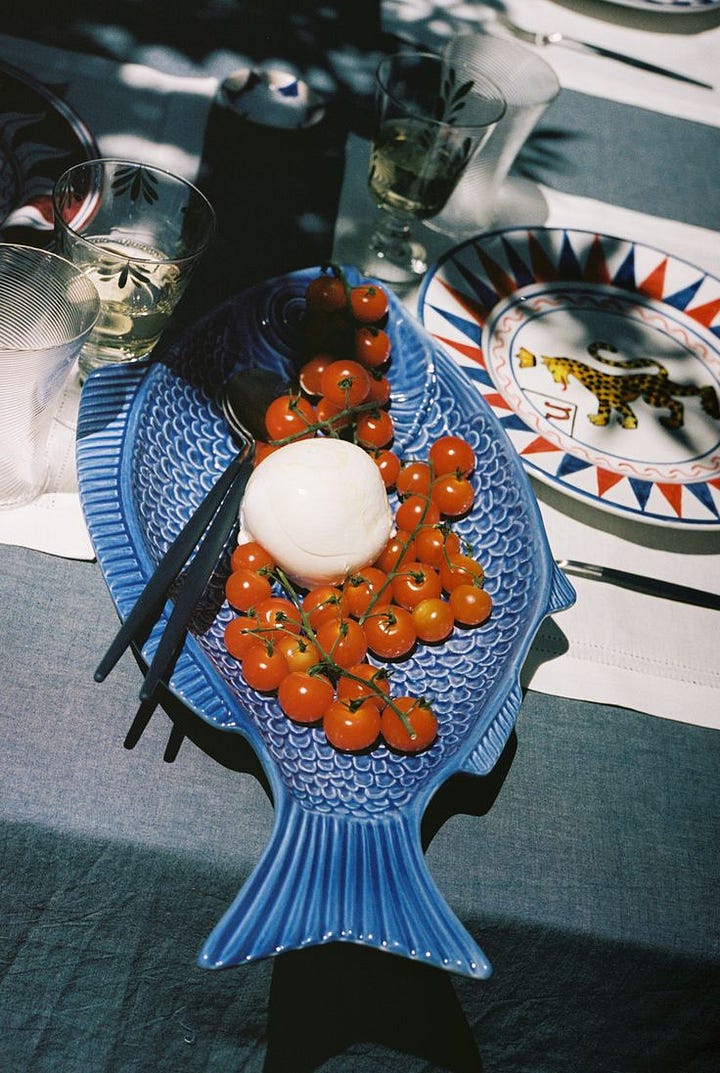
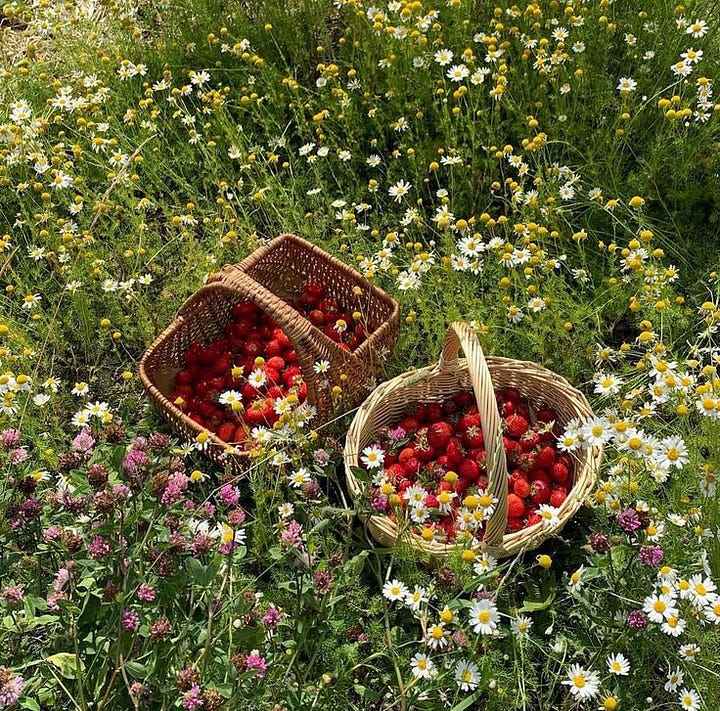
When I'm grinding, when I'm deep in the beautiful machinery of creation and deadline and purpose, I want to be entirely there too. But when I'm here, watching a duckling figure out how its feet work, I want to give this its due as well. The world flirts with us constantly, but only when we're present enough to flirt back does the real conversation begin.
There's something almost subversive about this kind of attention in our current cultural moment. To stop for birds, to sit on benches, to let your gaze linger on the way water moves—these acts feel like tiny rebellions against the commodification of every moment. They're not productive in any measurable way. They don't optimize anything. They simply are.
And maybe that's exactly why they matter. In a world that insists on converting every experience into content, every moment into productivity, these small acts of presence become radical. They're love letters written to no one in particular, conversations held with the part of existence that doesn't need to be useful to be worthy.
The ducklings have mastered paddling now, their small bodies cutting through the water with surprising grace. Their mothers glide beside them, unhurried, as if they understand something about time that the rest of us have forgotten. I could learn from them, I think. I could remember that some things are worth stopping for, that the world's flirtations deserve more than distracted glances over the shoulder.
There is something achingly romantic about all of this—not the kind of romance that sells greeting cards or inspires terrible movies, but the deeper variety that exists between a consciousness and the sheer improbability of its own existence. Think about it: here we are, these unlikely arrangements of stardust and water, walking around on a spinning rock through infinite darkness, capable of being moved to tears by the sight of baby ducks learning to swim. The universe spent billions of years arranging for this exact moment—for you to be here, for the light to fall just so, for Freddie to paddle past at precisely the second your attention landed on the water.
This romance requires nothing of us but our presence. It doesn't ask for grand gestures or dramatic declarations. It simply extends its hand and waits to see if we'll take it. And when we do—when we stop on bridges to watch turtles breathe, when we memorize the hiding spots of chipmunks, when we name ducks and look for them like old friends—something shifts. The world stops being a backdrop and starts being a conversation.
"At some point in life the world's beauty becomes enough. You don't need to photograph, paint, or even remember it. It is enough." — Toni Morrison
As we finally rise to continue our walk, I find myself thinking about all the invitations I must have missed over the years, all the moments when the world was reaching toward me and I was looking somewhere else entirely. But there's no regret in this realization, only a kind of gentle determination to keep showing up, to keep saying yes to whatever small romance the days ahead might offer.
The invitation is always there, patient and renewable as morning light. It waits in the spaces between our rushing, in the pause before we reach for our phones, in the moment we choose to sit instead of hurry past. All we have to do is recognize it for what it is—not a distraction from living, but living itself, in all its tender, urgent, utterly ordinary extraordinariness. The world is flirting with us constantly, and perhaps the most radical thing we can do is flirt back, with our whole hearts, for as long as we're here to do so.
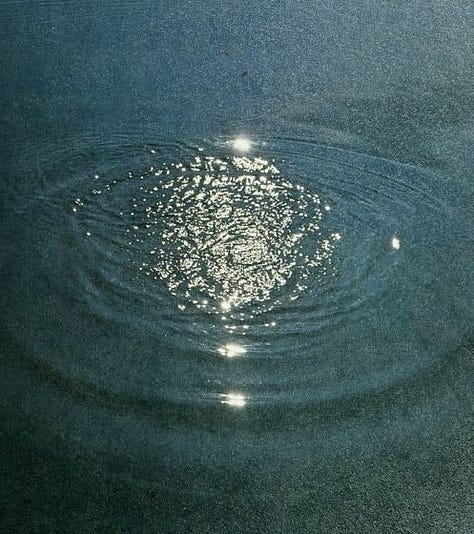
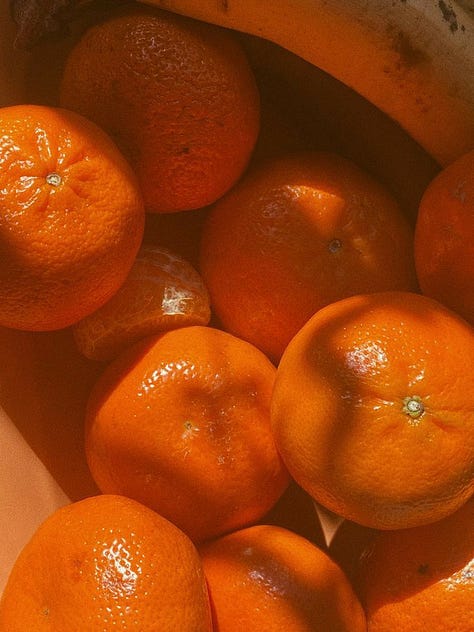

I hope you find some time to flirt with the world today—you deserve it.
xoxo
As always, thanks for reading with me. Writing has been an integral part of my journey so if you enjoyed this post, please consider hitting the like button and/or sharing it to help boost its visibility. I appreciate you so much. xo







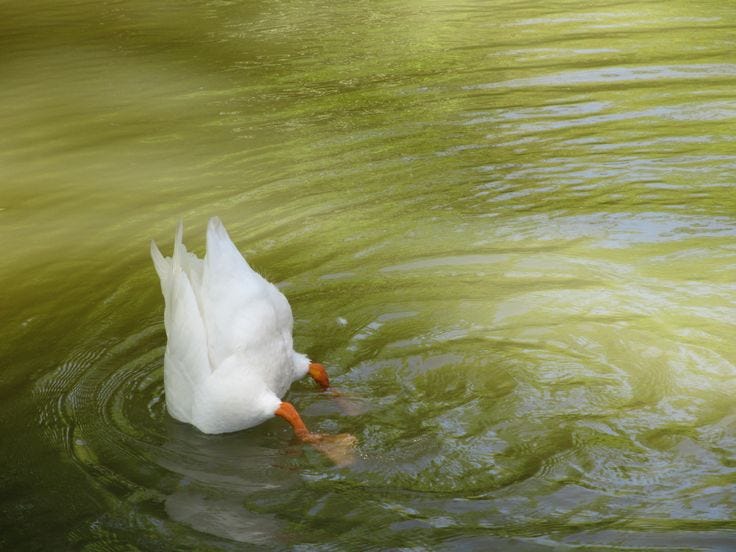
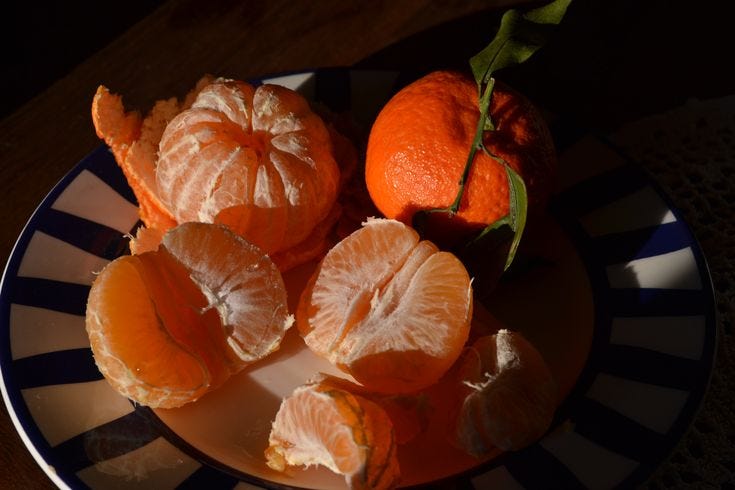
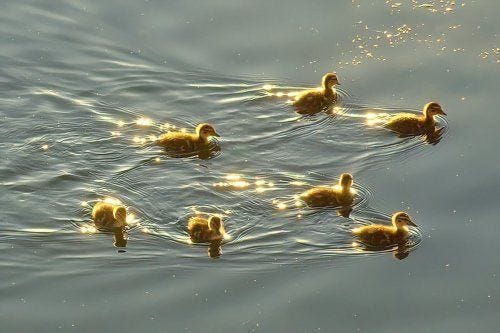
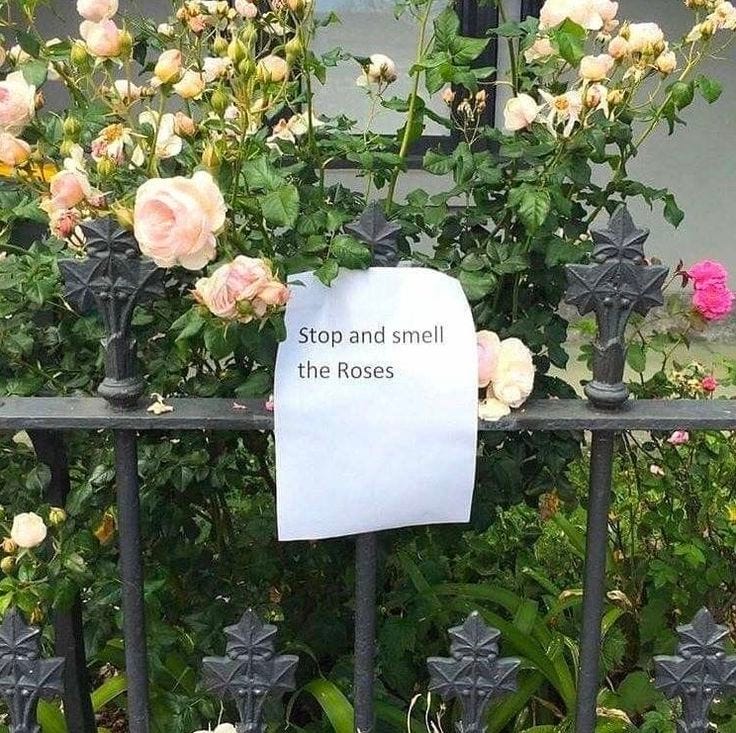





I came here because of a quote from this achingly beautiful essay featured in Frank Bruni's weekly newsletter. I, too, have learned to flirt with the world. Thank you for an especially resonant perspective.
This was an absolute pleasure. Beautiful thoughts paired with beautiful pictures, what a wonderful piece in every way. 💕